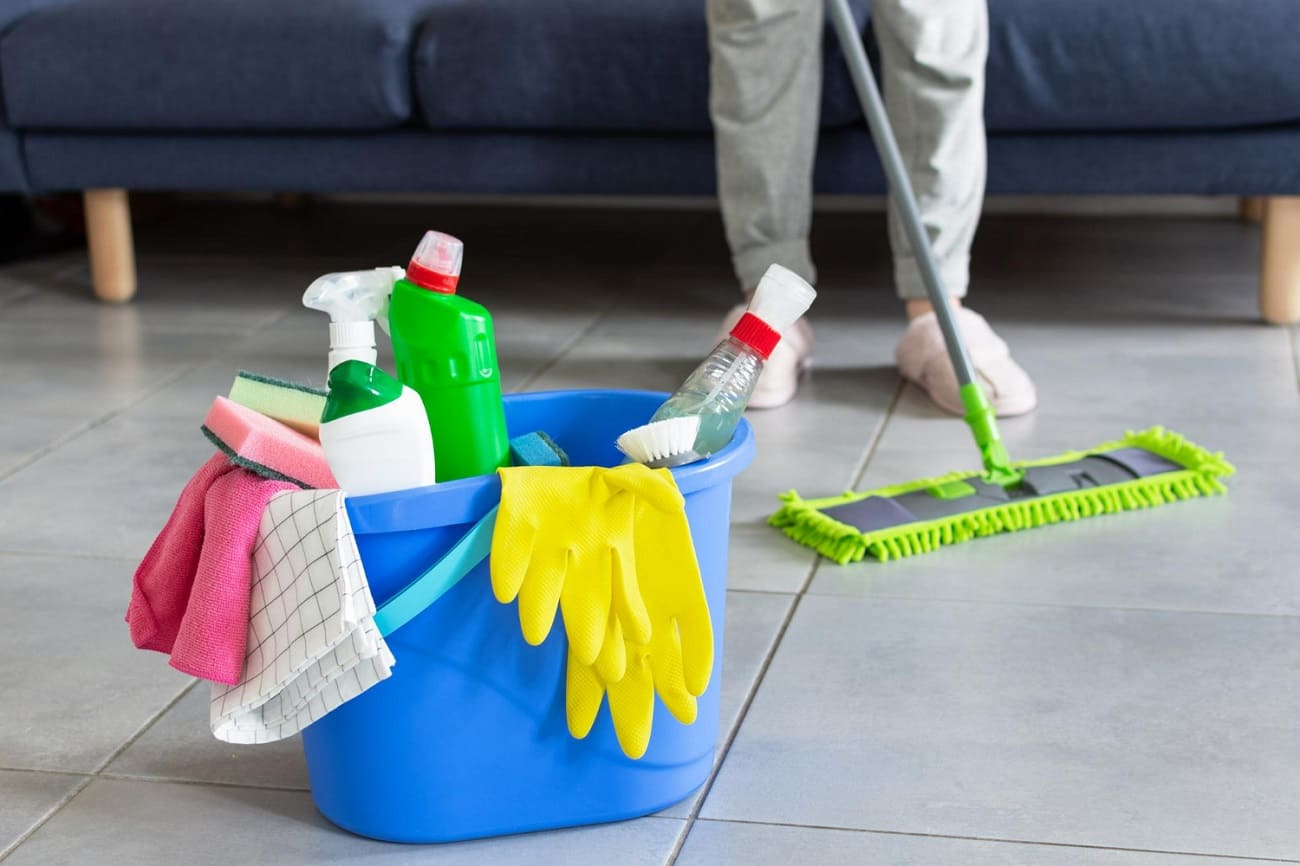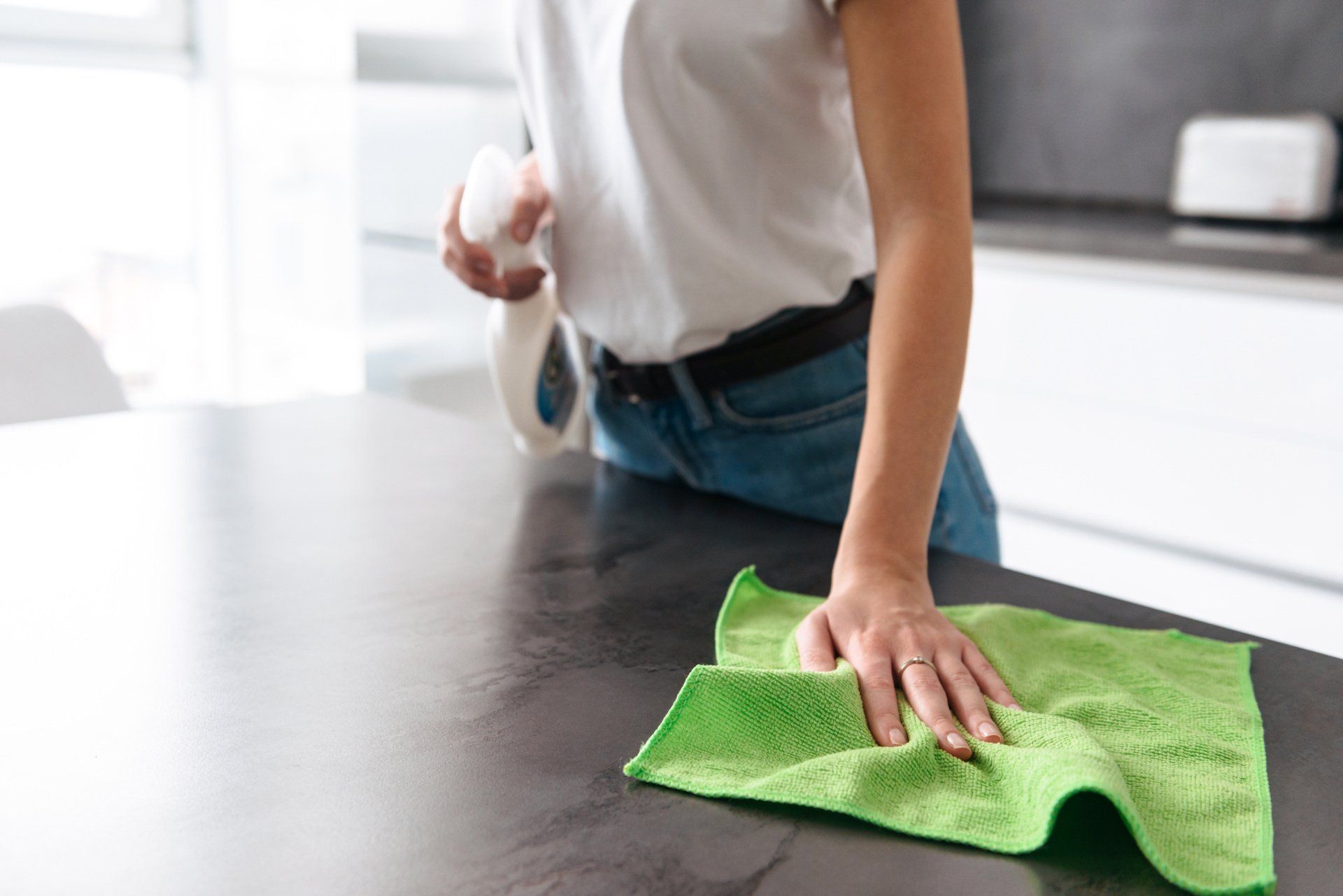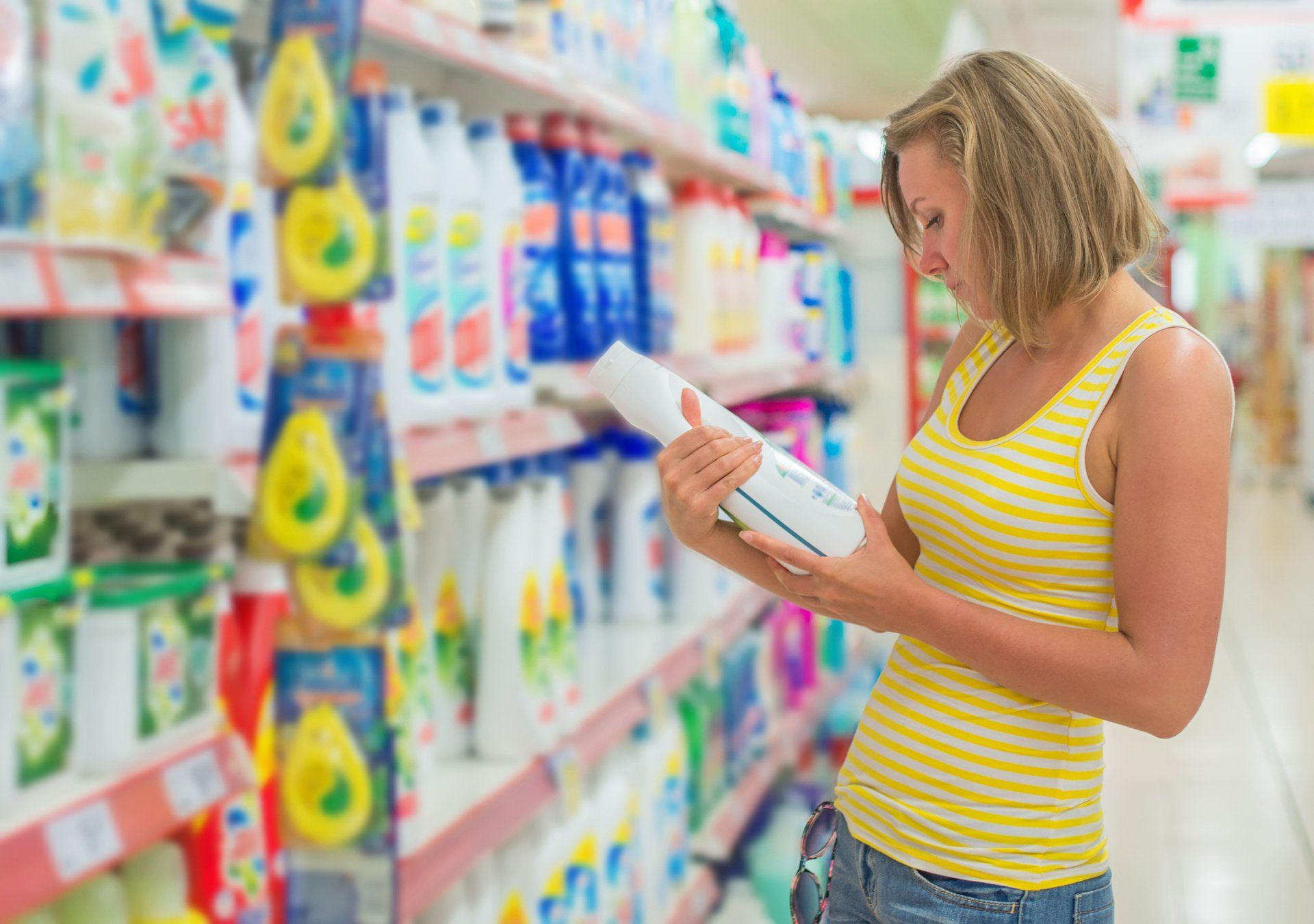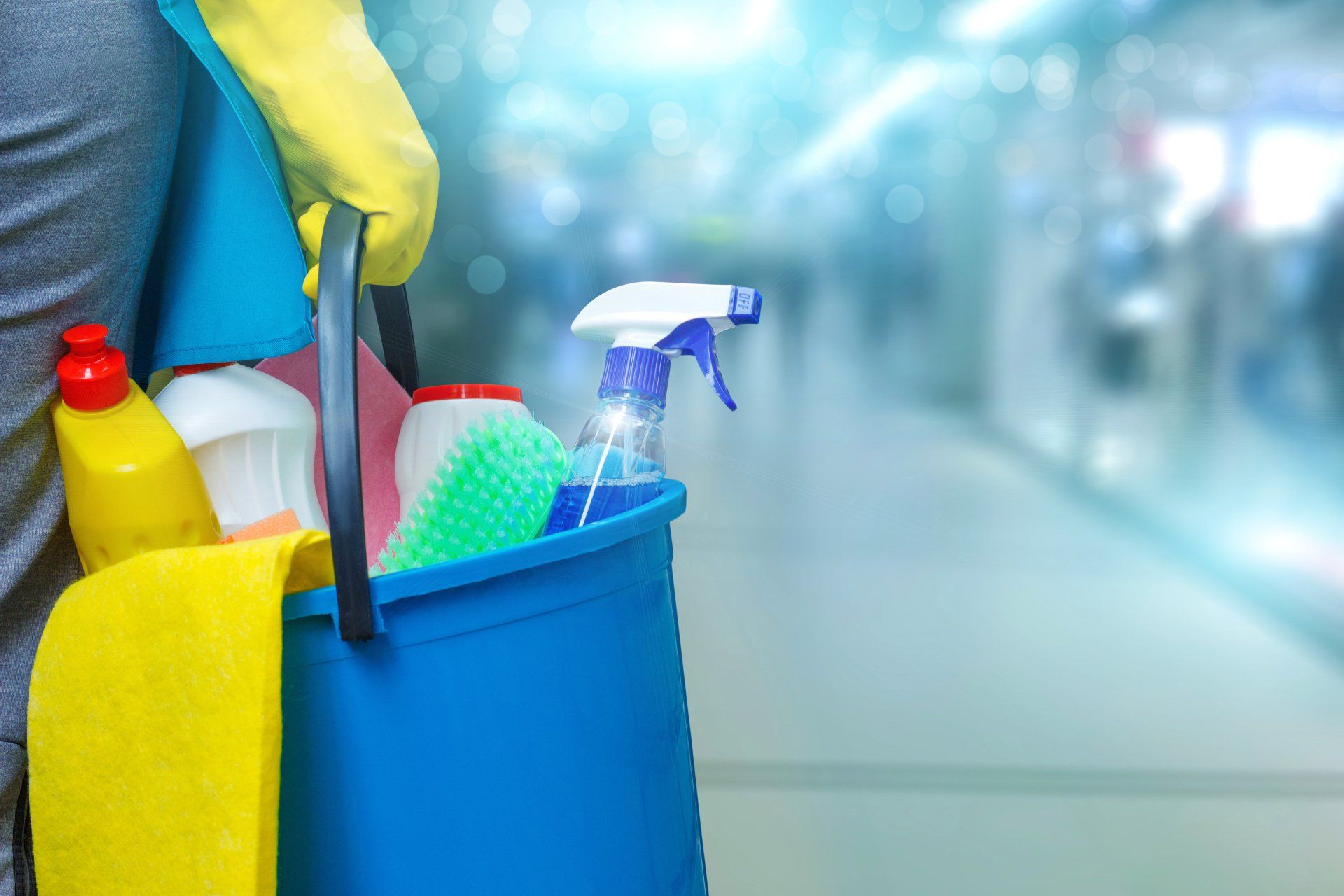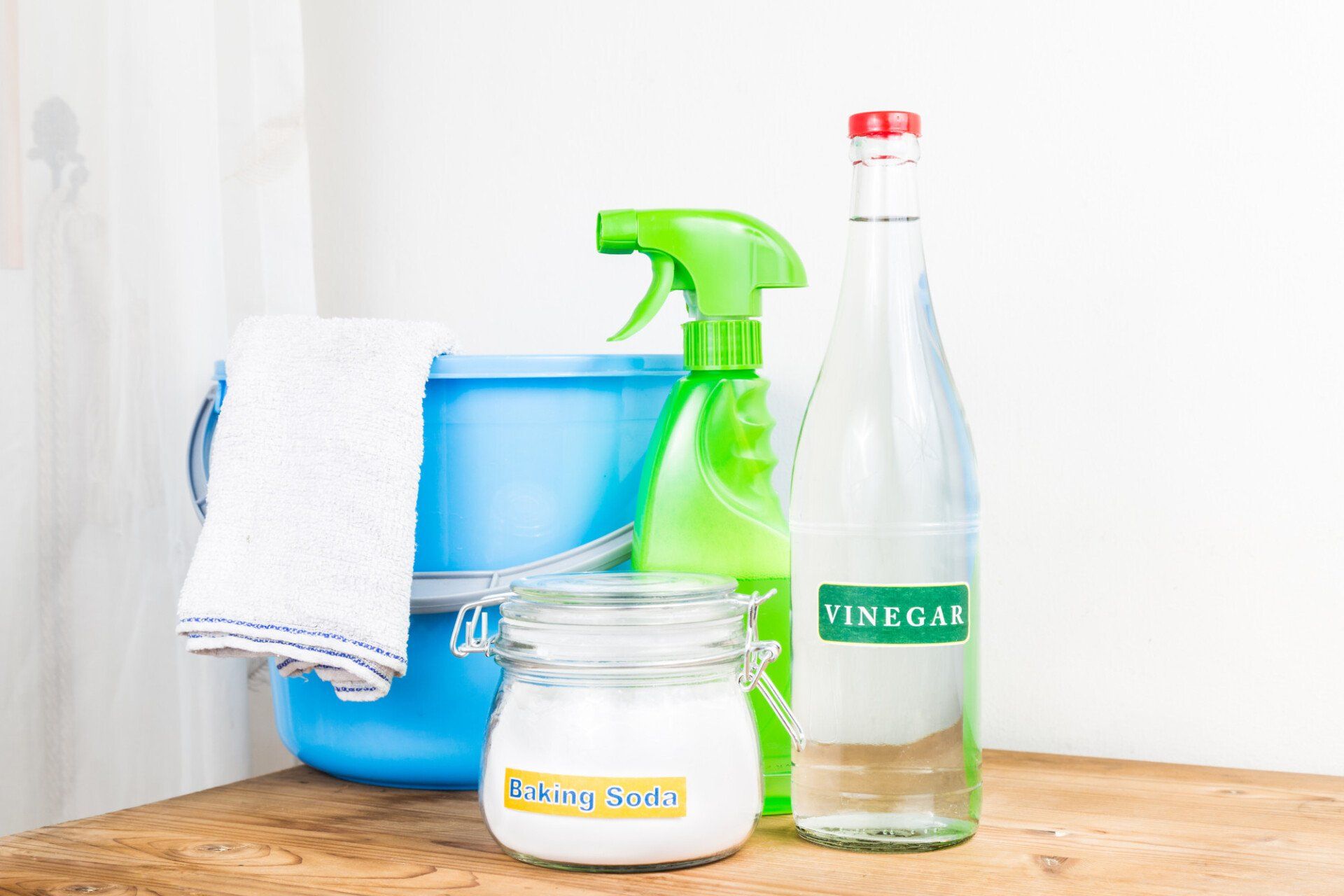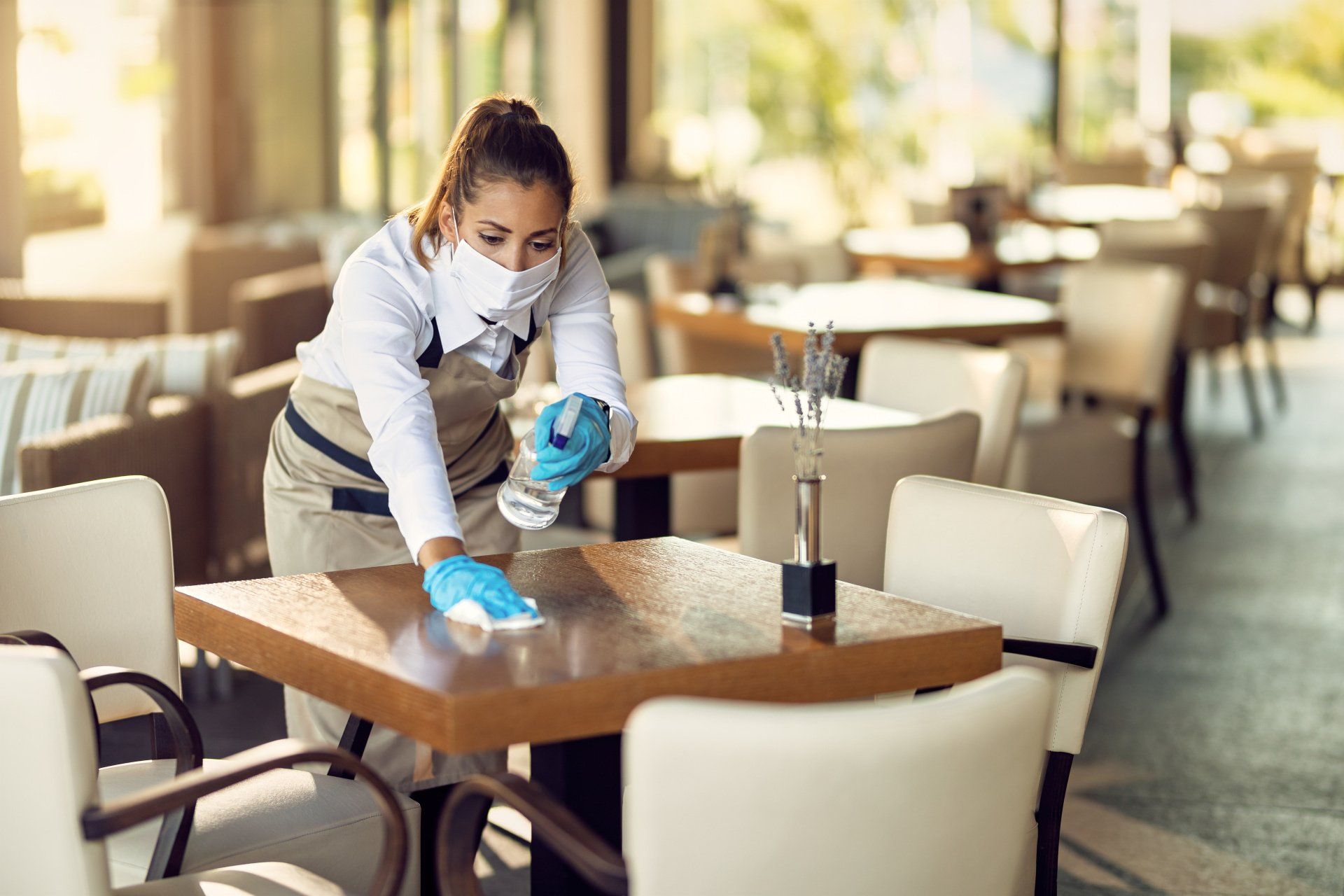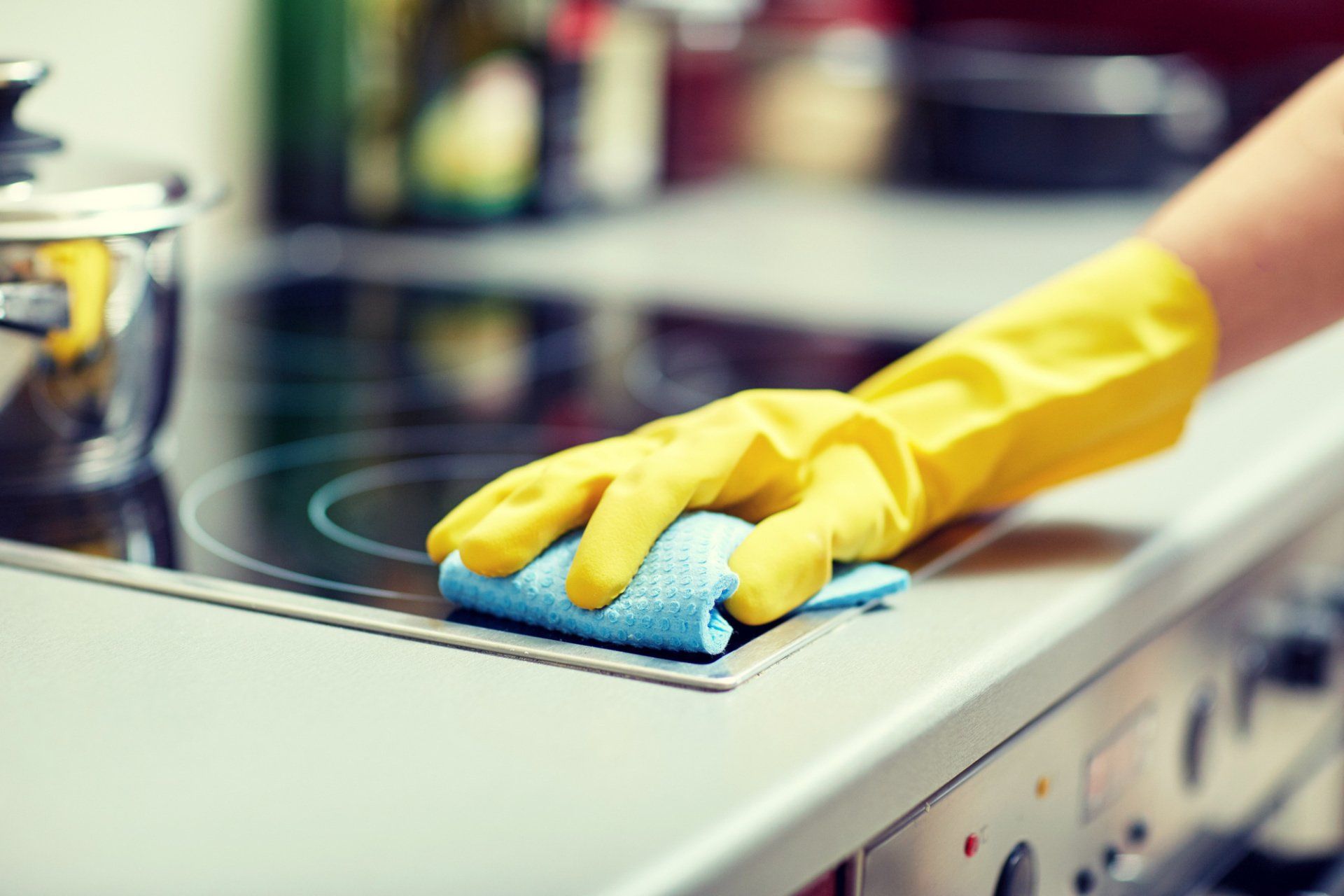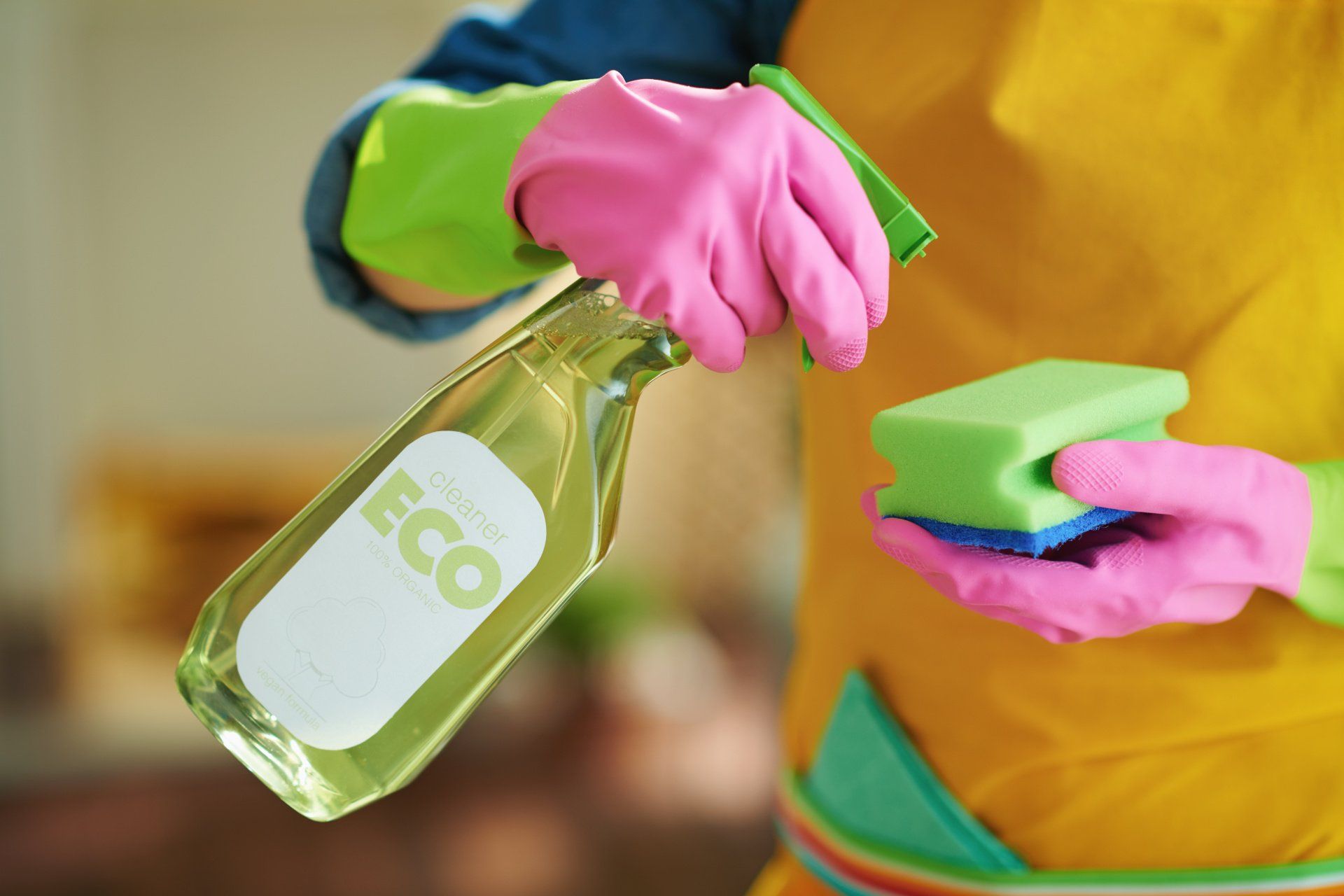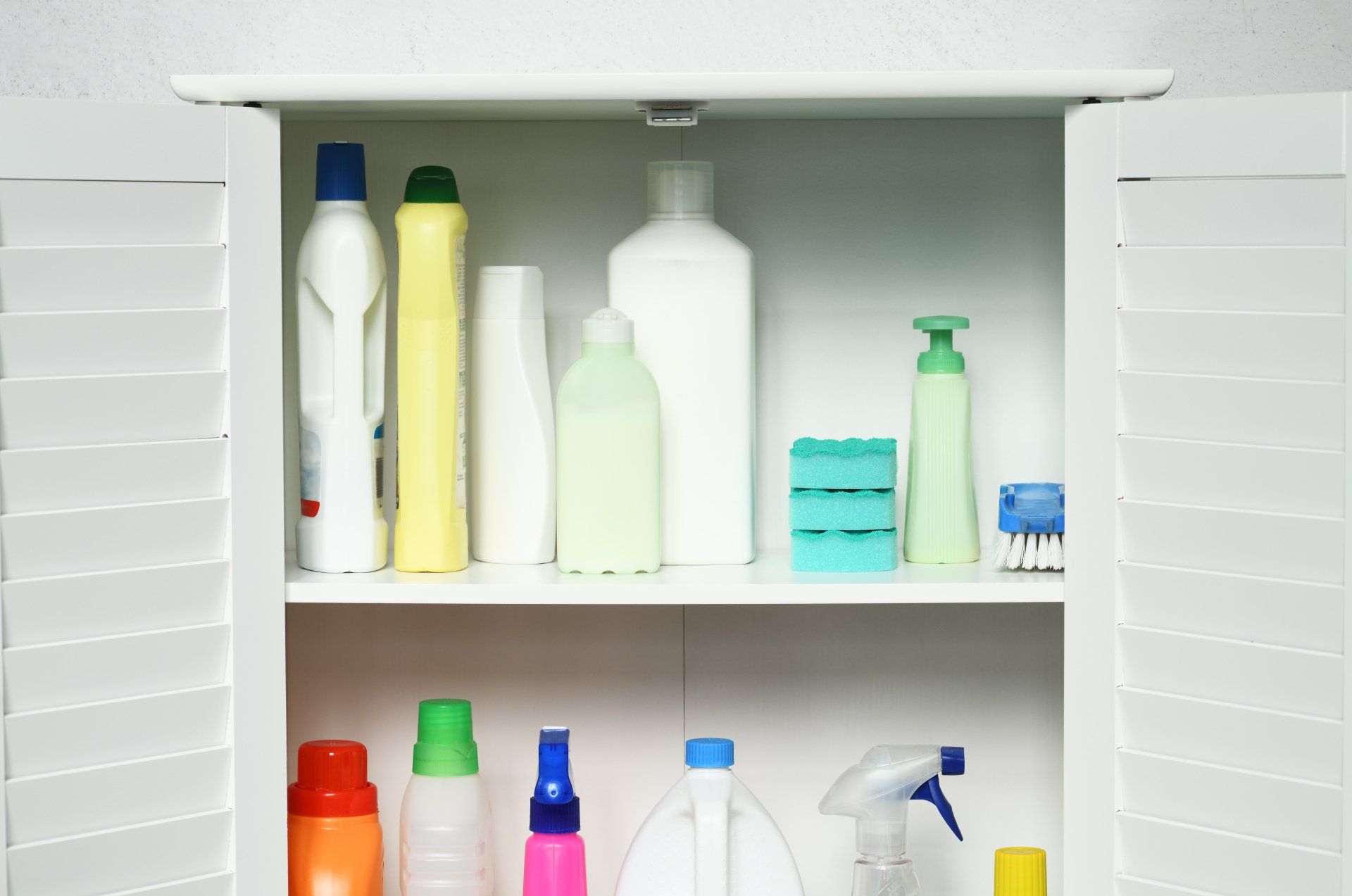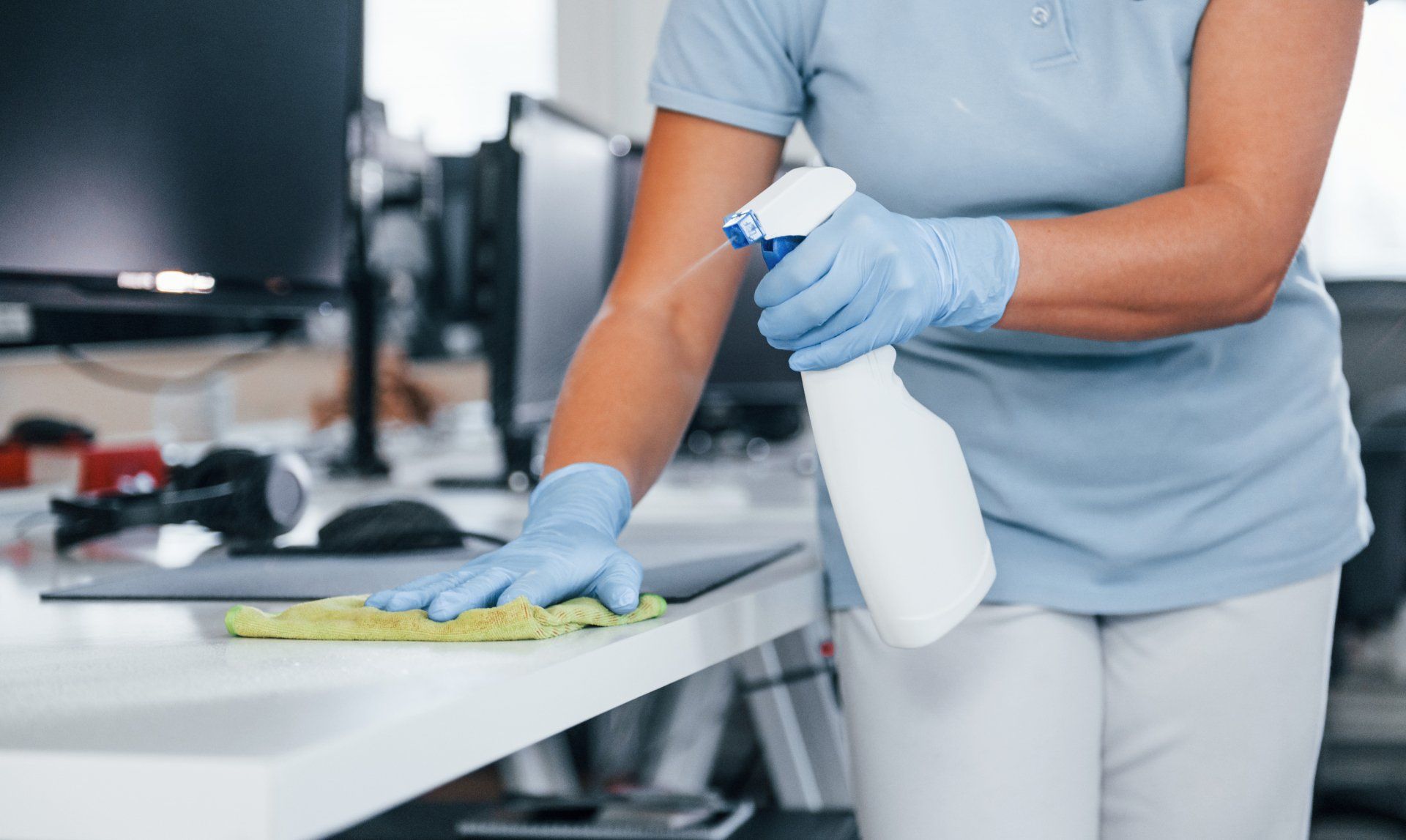Hidden Dangers: All About the Risks of Toxic Cleaning Products
You put your trust in your cleaning products, but how do you know they're safe for you and your family? Read on to learn the risks of toxic cleaning products.
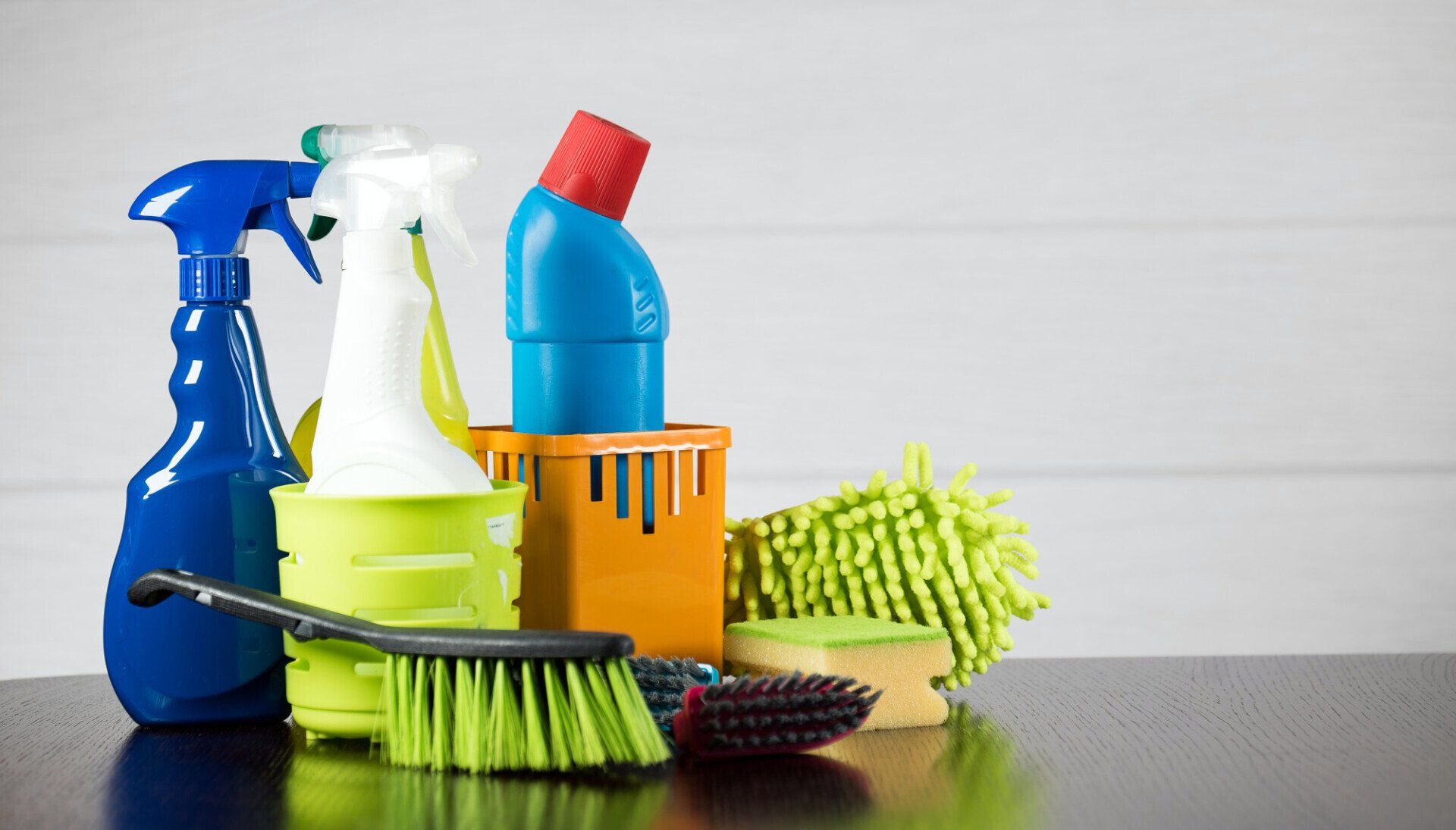
There were over 18 million new cancer diagnoses in 2018 alone. Over 9 million people died from cancer-related causes. Even more alarmingly, cancer diagnoses are rising each year, with projections of almost 30 million diagnoses by 2040.
Toxic cleaning products hold some of the carcinogens responsible for increasing a person's risk of developing cancer. Additionally, they can cause various lung issues and other health concerns that put you and your family at risk.
If you are interested in learning more about the risks of toxic cleaning products, then keep reading on.
Toxic Cleaning Products
You want to avoid harmful toxins found in many household cleaning products. In fact, many of these chemicals are hiding behind common, popular brands that you can easily find in grocery stores. These chemicals have the potential of causing detrimental health effects in the short and long term.
So - what are some of the more toxic chemicals in household cleaning products?
Bleach is one of the most harmful products on the market. When used in larger portions, like for cleaning a bathroom, it can cause harm to the environment and your health. If you have to use bleach, then make sure you use it in small doses with plenty of ventilation.
Glass cleaner typically has butyl cellosolve which is a carcinogen. Many different businesses use these harmful glass cleaners without a second thought. Household products such as Windex also have fragrances that harm the environment.
Cleaning wipes. You've probably used a lot of these throughout the pandemic. Households across the country were diligently cleaning their countertops and surfaces with many disinfectant wipes.
However, they hold certain chemicals that are irritating to the lungs and cause skin issues. They are also linked to birth defects and other reproductive issues.
A simple solution is making the switch to microfiber towels. These towels are machine washable and safe for everyday use, making them a great alternative to antiseptic wipes.
All-purpose cleaners are a hot commodity in any household. Many people use them daily or weekly for cleaning kitchens, bathrooms, and other household areas. Galaxolide was found in many of these products and can cause cellular damage.
Finally, be wary of air fresheners that give the appeal of making your home smell fresher. Some of the ingredients, such as formaldehyde, can actually be quite harmful to you and your family.
What Do the Studies Show?
One study examined the increased usage of cleaning products during the COVID-19 pandemic. They found that people were cleaning their homes unknowingly with harmful products almost 70% more than on average.
Some cleaners, such as bleach and surface disinfectant sprays, increased by 93% in certain households. Almost 47% of the participants had adverse health reactions to the use of cleaners.
The most common reported problem was skin issues. However, almost 30% of people complained of shortness of breath or wheezing. Lastly, 24 people were poisoned from products through their skin or by inhaling it.
The American Lung Association has come out with statements that household cleaners sometimes have dangerous chemicals that can lead to long-term problems, such as cancer.
When bleach is mixed with cleaners that have ammonia, it can cause severe effects that sometimes lead to death. Chlorine bleach also contains toxins like dioxin which is a carcinogen.
Other products that can contain dangerous chemicals or carcinogens include:
- Laundry detergent
- Floor polish
- Furniture polish
- Oven cleaners
- Dishwasher soap
It is also advised that you do not use any air fresheners in your home. Additionally, make sure that you do your research beforehand and look at the ingredients of your household products.
Non-Toxic Cleaning Products
If you want to make your life easier, consider making the switch to non-toxic eco-friendly cleaning products. This way, you don't have to sift through all the ingredients on your home cleaning products and get rid of the ones with harmful chemicals.
So, what are some of the best non-toxic home cleaning products? Some of the non-toxic ingredients that companies use for their cleaning products are:
- Baking soda
- Vinegar
- Lemon juice
- Essential oils
- Olive oil
Borax has traditionally been on the list of non-toxic ingredients, but it has received some debate in recent years. Borax is a chemical used in many household make-shift cleaners.
It works well for softening hard water stains and laundry detergent. It is a naturally occurring mineral that led many people to believe that it was safe for home cleaning.
Currently, it is not listed as carcinogenic, but it still poses some risks. It can cause issues like skin irritation, respiratory problems, and even infertility.
Where to Look For Toxic Ingredients
Are you wondering how to find a comprehensive list of toxic and non-toxic ingredients? You already read some of the ingredients that make up many green non-toxic cleaning products.
If you want to know more about what toxic ingredients to watch out for, then you can check out the Agency for Toxic Substances and Disease Registry. It is a federal agency that works under the U.S. Department of Health and Human Services.
This agency provides a comprehensive list of known toxic chemicals to humans. Keep in mind, their list only compiles the most deadly or harmful toxins. There are still plenty of others out there that can cause irritations and adverse reactions.
Live Healthier
Toxic cleaning products are harmful to your health and many instances, to the environment. It can be time-consuming to weed out all of your harmful products and look up toxic chemicals online.
Instead, make the switch to non-toxic and eco-friendly household cleaners easier on yourself. Check out our website for non-toxic cleaners and household items today. You can rest easy knowing you are keeping you and your family safe with Purbloc products.

